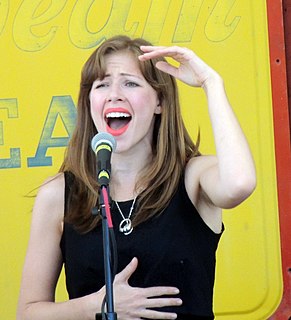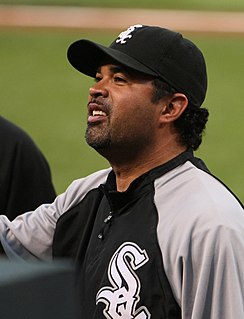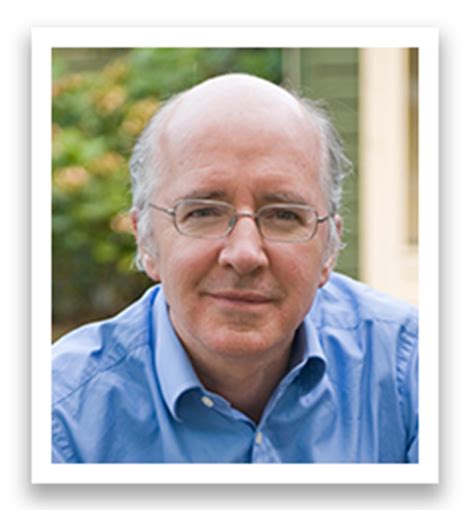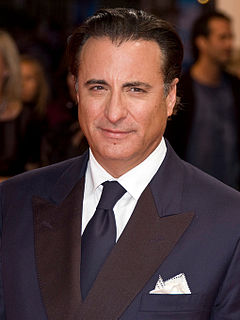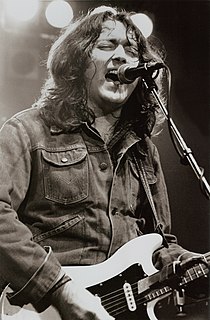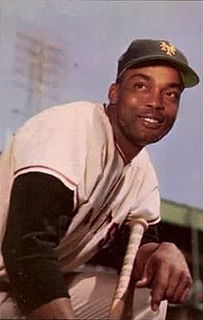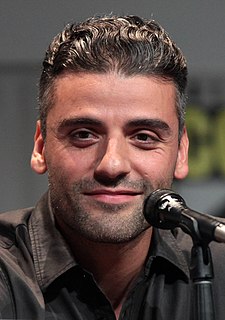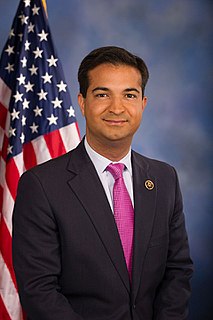A Quote by Rachael Price
US policy toward Cuba [at the time] had two tracks. Track 1 was to assassinate Fidel Castro. Track 2 was to subvert the regime through people-to-people contact.
Related Quotes
Meeting Fidel Castro was really cool. It's cool because it's Fidel, and it's a world leader, and there's so much history behind the man and who he is in this hemisphere. And then at the end of the day, he's, I think, just like a big mayor. There's only, like, 11 million people in Cuba. He's a big mayor.
If you look at US internal documents, they explain very clearly what the threat of Cuba was. So, back in the early 1960s the State Department described the threat of Cuba as Castro's successful defiance of US policy, going back to the Monroe Doctrine. The Monroe Doctrine established the US claim to dominate the Western hemisphere and Castro was successfully defying that. That's not tolerable. It is like somebody saying "let's have democracy in Greece," and we just can't tolerate that so we have to destroy the threat at its roots.
The problem of giving health care to everybody cannot be solved so long as we're spending huge sums of money for war. Already we have a very wasteful healthcare system, the most wasteful healthcare system in the world. I mean, we spend the most money and still have 40 million people without insurance. Compare us to Cuba. Cuba is our enemy, run by a dictator, Fidel Castro. But people in Cuba get health care at least equal to that of the United States - with very scarce resources. So I think this issue is the most important domestic issue.
